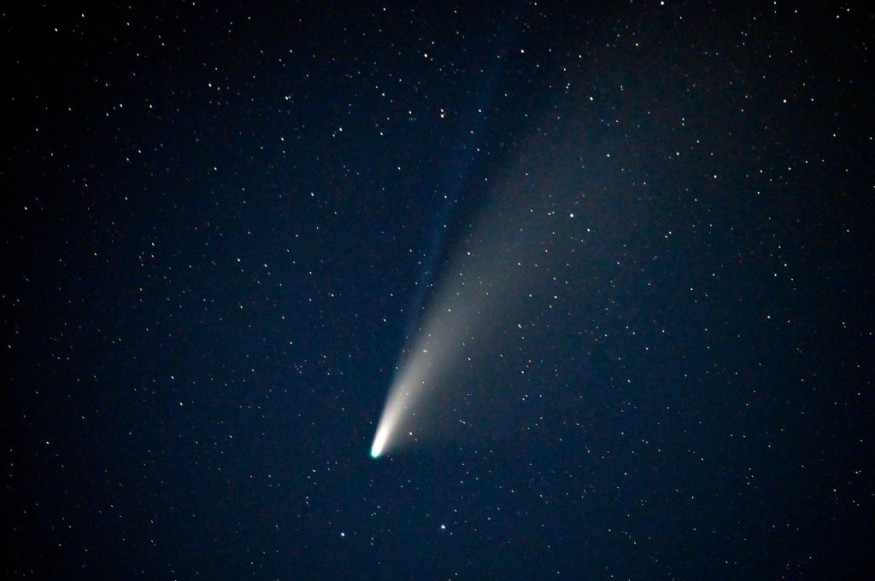An asteroid has potentially struck off the coast of Iceland, as per the latest reports. Astronomers only detected the asteroid two hours before it entered the Earth's atmosphere and crashed near the waters of Iceland on Friday, March 11.
Asteroid Impact

Known as asteroid 2022 EB5, the three-meter space rock is considered to be the "fifth known Earth impactor" on record. However, it is not clear whether the asteroid hit the waters off Iceland or dissipated upon entering the atmosphere, as per WUSA9 news.
Yet, local sources and first-hand accounts in Iceland said it was seen hurling to the coastal area of Iceland in a form of a large fireball, according to Earthsky.org, as cited by Space.com. This shows that the asteroid likely hit and made an impact off the coast of Iceland.
Based on the said reports, people have seen a bright flash of light from a fireball. Furthermore, there is no actual video footage of the asteroid impact yet, especially due to the remoteness of the area and it was only seen in a short period before entering the atmosphere.
Fifth Known Earth Impactor
According to the National Aeronautics and Space Administration (NASA), the asteroid called 2022 EB5 entered the atmosphere and was seen over the Norwegian Sea, off the coast of Iceland. Although NASA predicted the location and time of the impact, the rock was only seen two hours before the impact.
The asteroid impact had no reported details, including casualties and damage, at this time. NASA said the space rock was too small to cause a threat to Earth. Due to its predicted impact, the US space agency said it is the fifth known asteroid that was observed before entering the planet.
Furthermore, the asteroid may have also dissipated upon entering the atmosphere since NASA acknowledged it disintegrated last Friday. Nevertheless, the observation and predicted trajectory of the small asteroid is a sign that our planet's space detection system is working.
The US space agency said 2022 EB5 is the fifth known asteroid detected and monitored in space since the first asteroid called TC3 in 2008 was identified before hitting Earth-when it entered the atmosphere over Sudan in Africa.
Asteroid Challenges
Detecting and tracking an asteroid is important in terms of planetary defense and astronomical studies, but implementing measures against asteroids with potential real-world threats has been an evident challenge for several decades.
Since an asteroid impact is determined by its speed and size, it is a matter of time before a significantly large asteroid hits us. As a result, ongoing strategies are being tested in the case of a planet-killing asteroid approach.
Scientists from the Massachusetts Institute of Technology (MIT) have developed a measure to deflect an incoming asteroid, as per CBS News. This is in addition to the current planetary defense of NASA called the Double Asteroid Redirect Test (DART) space mission.
The DART mission aims to deflect incoming asteroids, especially those that pose a significant threat to the planet. In 2029, the giant and planet-killer asteroid Apophis is expected to fly by Earth.
© 2025 NatureWorldNews.com All rights reserved. Do not reproduce without permission.





